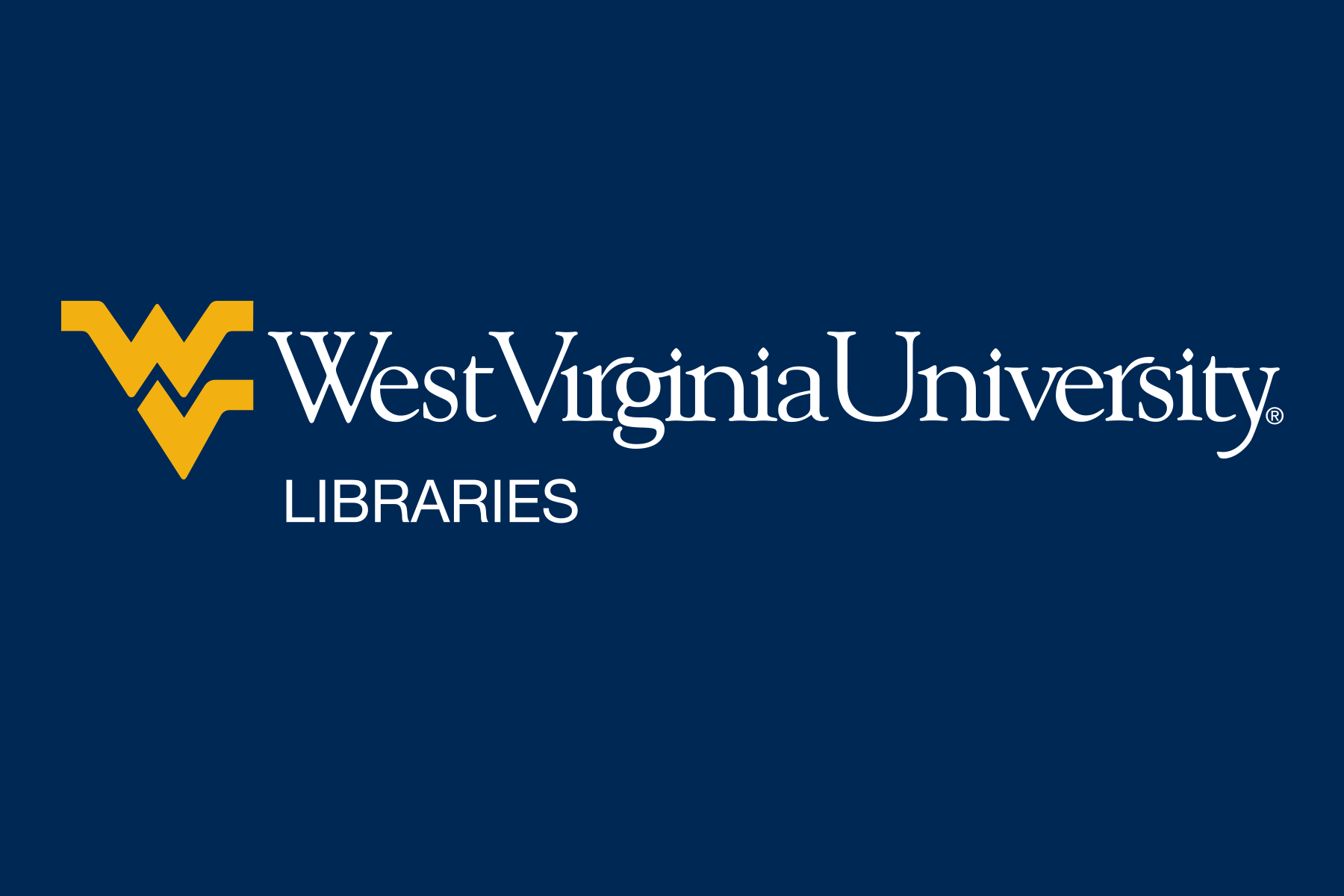 WVU Libraries' third major collaborative exhibition, Undefeated: Canvas(s)ing the Politics of Voter Suppression Since Women's Suffrage, comes on the occasion of the 100th anniversary of the ratification of the 19th amendment to the U.S. Constitution (granting women the right to vote), and the 55th anniversary of the Voting Rights Act of 1965 (enforcing voting rights for racial minorities). Undefeated examines the political process with special attention to efforts to suppress the votes of women and minorities since 1920.
WVU Libraries' third major collaborative exhibition, Undefeated: Canvas(s)ing the Politics of Voter Suppression Since Women's Suffrage, comes on the occasion of the 100th anniversary of the ratification of the 19th amendment to the U.S. Constitution (granting women the right to vote), and the 55th anniversary of the Voting Rights Act of 1965 (enforcing voting rights for racial minorities). Undefeated examines the political process with special attention to efforts to suppress the votes of women and minorities since 1920.
Undefeated may be viewed online, beginning August 7, 2020. The print exhibit will debut at the WVU Downtown Campus Library in Spring 2021.
This guide contains open or freely available resources related to the themes covered in Undefeated, and encourages members of the WVU community to the use the exhibit as an educational resource.
Open educational resources (OER) are freely accessible, openly licensed materials that are used for teaching and learning purposes. Openly licensed materials allow users to retain, reuse, revise, remix, and redistribute the materials in question. To learn more about the WVU Libraries support for open educational resources, visit our OER page.
Below is a graphic from Seattle Central College that details the broad spectrum of open practice:

In addition to reducing the cost of education, OER provide instructors with the freedom to engage with students in new and exciting ways, which includes employing principles of open pedagogy. Iowa State University's OER Starter Kit defines open pedagogy as, "A set of pedagogical practices that include engaging students in content creation and making learning accessible to all." Under an open pedagogy model, learners are empowered to shape the world as they encounter it and think of themselves as knowledge creators, not just knowledge consumers. This is often accomplished through the use of renewable assignments, which are assignments that add value to the world beyond the classroom.
Examples of renewable assignments include:
More ideas are available at Quill West's Open Pedagogy Assignments Compilation.
Below is a graphic illustrating a spectrum of Open practices from the University of British Columbia:

